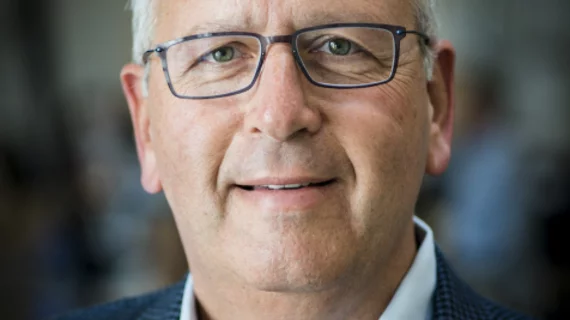Stanford names first recipient of professorship dedicated to late radiologist Sanjiv 'Sam' Gambhir
The Stanford University Department of Radiology has named Joseph M. DeSimone, PhD, as its inaugural beneficiary of the newly created Sanjiv “Sam” Gambhir Professorship in Translational Medicine. Gambhir passed away earlier this year after a battle with cancer.
The Gambhir Professorship is a permanent, endowed position at the School of Medicine that provides support for a faculty member conducting translational research in Stanford’s radiology department.
“We are delighted, as we know Dr. Gambhir would also be, to have Joe be the first holder of the Gambhir Professorship, and build his future programs at Stanford energizing collaborations involving his many innovations, to offer to patients through translational medicine. Congratulations Joe, and welcome!” an Oct. 23 statement from the university read.
DeSimone joined the university just last month with a joint appointment in the Department of Chemical Engineering. Gambhir, who developed a number of FDG PET algorithms used in cancer care, actually recruited DeSimone for his “enormous” potential to advance human health, according to the recent announcement.
In addition to authoring more than 370 scientific articles with 42,000-plus citations, his work as a chemist and polymeric materials expert has led to a number of accolades. Chief among them is a National Medal of Technology and Innovation presented by President Obama to DeSimone in 2016. It’s the highest honor in the nation for achievement and leadership in advancing technological progress.

